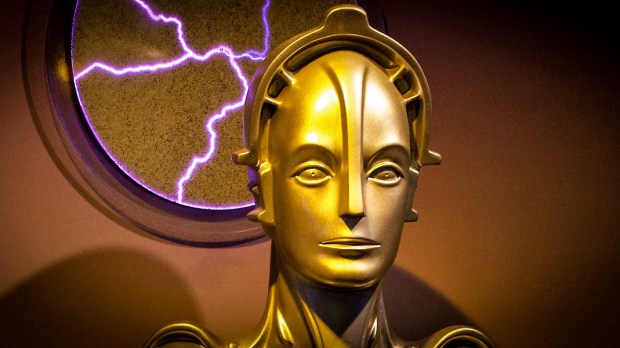The right combination of artificial intelligence and augmented reality could put and end to lies. That is the ambitious working hypothesis of several different teams of scientists, businesses, and institutions that have committed themselves to fighting deception by means of technology, so as to assure the safety of citizens around the world. The ethical debate resulting from these innovations is as complex as the mechanisms that must be applied to achieve this objective. Be that as it may, the first steps in this direction are being taken by means of devices that are as practical and affordable as smart phones and smart glasses.
Traditional lie detecting machines—that is to say, polygraphs—measure breathing, blood pressure, and other physiological indicators to detect levels of stress in those who are being interrogated. As this technique is controversial and not very precise, the results that they provide—always interpreted by an expert in the use of these expensive devices—are not admitted as reliable proof by the justice systems of many countries. The digital alternative under development is based on gestures, eye movements, tone of voice, etc.
Unlike the complex polygraphs, these experiments are based on devices that are as practical and affordable as smart phones and smart glasses.
If there are artificial intelligence systems capable of detecting how people feel based on video footage, why couldn’t they also unmask people who are lying? Human is a British company dedicated precisely to doing both things, using mobile phones. Its business is oriented towards identifying fraud, analyzing client satisfaction, and assisting in the process of vetting future employees. Another similar company, Converus (in the United States), sells an article called EyeDetect, which observes the dilation of the pupils to know when someone is lying. Its success rate is near 90 percent.
Besides various banks and human resources services, there are already public security forces that are clients of the company. Their reasoning is obvious. For example, the moment that a customs agent asks an airplane passenger about the purpose of his trip, he could be hiding his true motivation, if he is afraid of being suspected of some crime or infraction. However, if the passenger is scrutinized by one of these devices, he might not be able to deceive or confuse his interrogator. In fact, its technically possible for this person not even to realize that he’s being examined.
The EyeDetect method, which observes the dilation of the pupils to know when someone is lying, has a success rate of near 90 percent.
Investigators at the National Center for Border Security and Immigration at the University of Arizona and the Department of National Security of the United States have initiated a project—the Automated Virtual Agent for Truth Assessments in Real-Time (AVATAR)—which consists in placing visitors in front of a structure that looks like an ATM, asking them questions, and uncovering their lies.
The next phase in the evolution of these technologies will be the incorporation of this functionality into environments or tools that will not require that those who use them have any special training. Quanta Computer, one of the manufacturers that produces devices for Apple, is in conversations with with the Israeli company Lumas Ltd. to have the latter produce lenses for smart glasses. Until now, no executive of the tech industry giant has confirmed that they are going to explore this avenue in the near future. In any case, negotiations of this kind provide abundant clues regarding the relevance and transcendence of this phenomenon.
Researchers in Arizona have invented a kind of ATM that asks questions at customs points and uncovers travelers’ lies.

